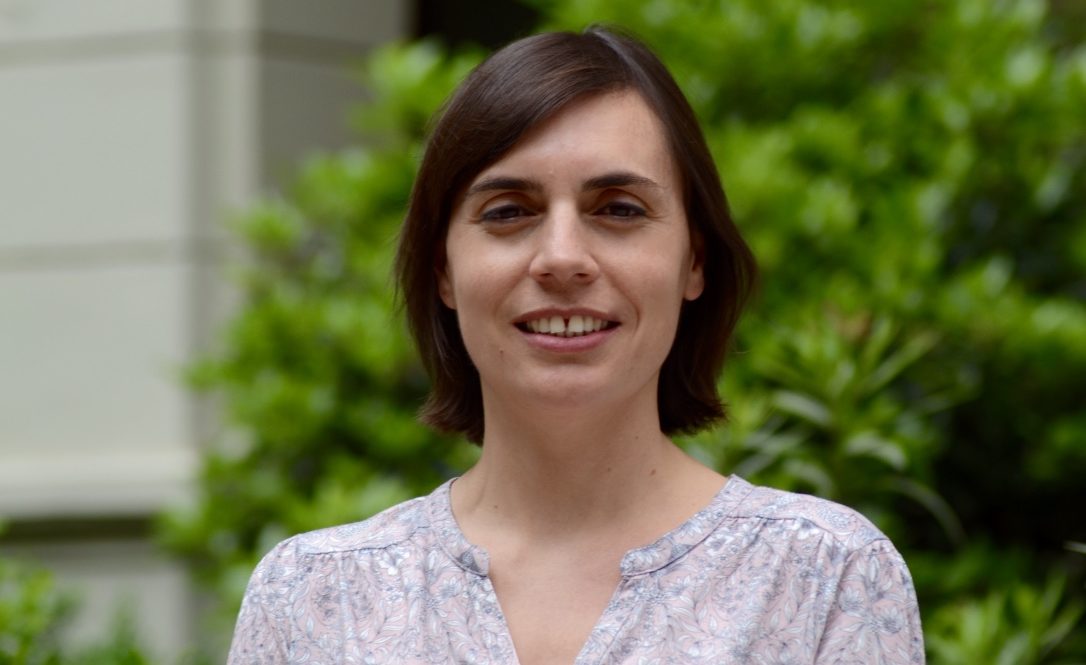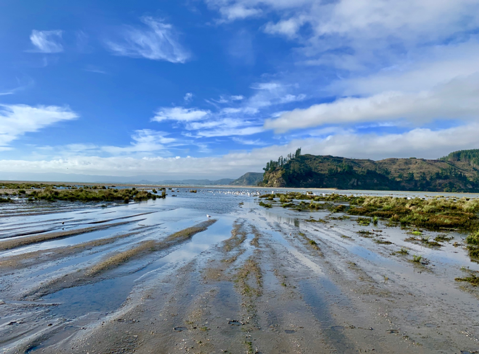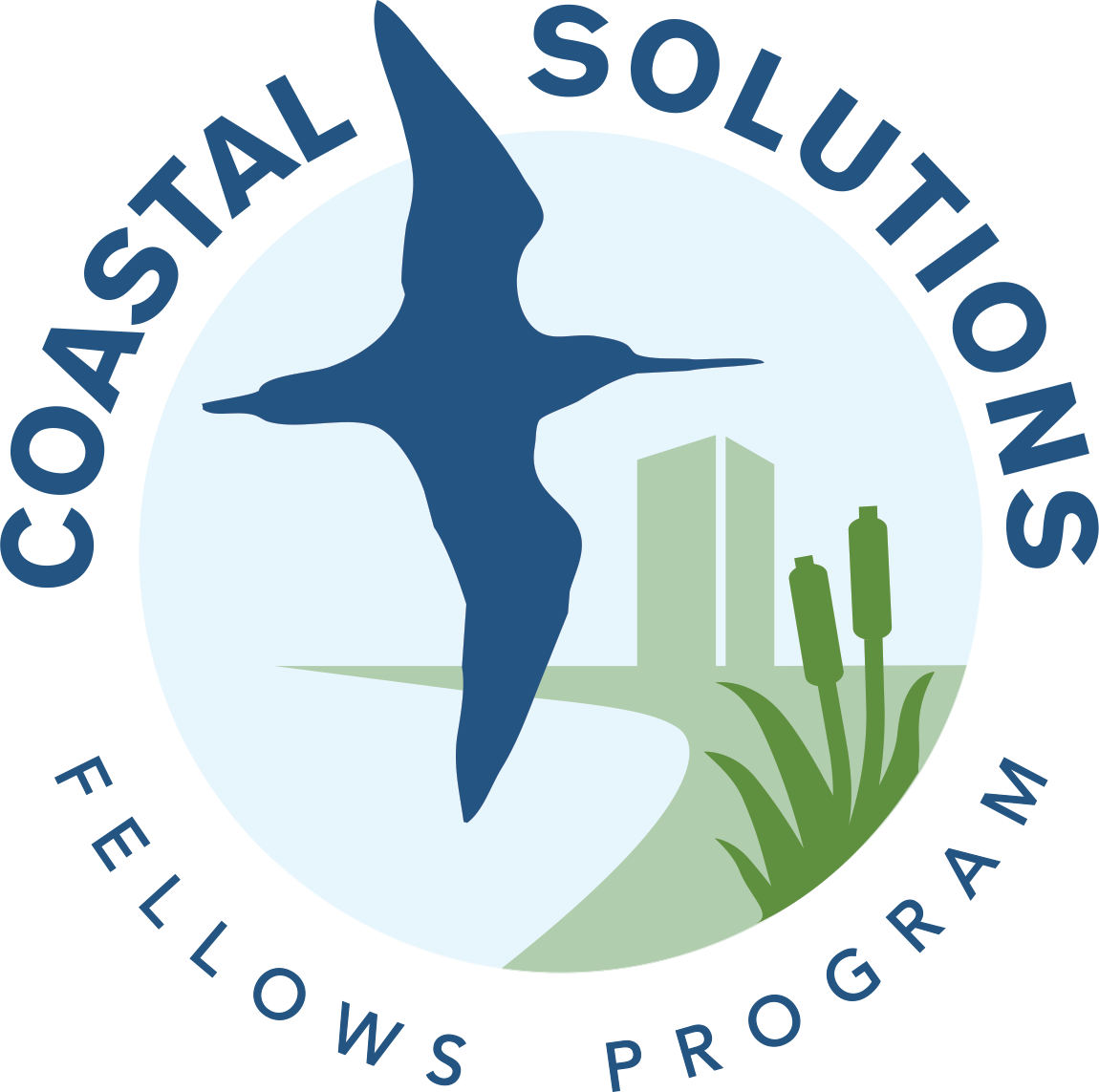Manuela Erazo

Participatory Landscape Planning for the Protection of Shorebirds
Project Site: Tubul-Raqui Wetland, Chile
Sector: Academia
Disciplines: Conservation Biology, Landscape Architecture, Social Anthropology , Governance
Collaborators: Universidad de Concepción, Ruka Construcciones, Artisanal Fishermen Association of Tubul, Municipality of Arauco, Estudios Socio Ambientales Consultores
Manuela is a Chilean social anthropologist with a Masters in Environmental Studies from Melbourne University. Her interests are oriented towards the search for solutions to socio-environmental problems in the marine-terrestrial interface, through the empowerment and collaborative work with coastal communities. She has worked in Chile, Australia and Southeast Asia as a consultant and researcher for international and academic organizations in multiple projects on vulnerability and adaptation to climate change, as well as the development of proposals for the creation of Marine Protected Areas and the design of their management plans. She is co-founder of Estudios Socio Ambientales Consultores, a Chilean consulting firm where she has led projects for the conservation of endemic species in central-southern Chile and the sustainable management of artisanal fisheries, among other initiatives.
Tubul-Raqui, in the Biobío region, is the coastal wetland with the greatest regional extension (2,600 hectares), and in which freshwater and marine-coastal systems converge. It is a site of global importance along the Pacific Flyway, for its abundance and richness of shorebirds.
In 2010 the area was hit by an earthquake and tsunami with catastrophic effects, which caused the partial abandonment of the wetland and the spread of harmful practices, such as garbage disposal within the lagoons. This, together with other threats, such as the absence of a formal protection instrument, drainage of wetland areas, livestock foraging and the discharge of sewage, presses on the urgency to design and implement an innovative conservation model for the area.

This project will address the identified issues through three main lines of action: 1) promoting the creation of a Nature Sanctuary for the protection of the site, 2) establishing a participatory governance model, and 3) promoting the re-connection between the local community and the wetland, focused on the conservation of shorebirds and their critical feeding and resting areas. This will include a landscape and architectural intervention, informed and attentive to the socio-cultural and ecological conditions of the place, that promote good coastal conservation practices. This will be implemented with the support of an interdisciplinary team of professionals from the disciplines of conservation biology, ornithology, and landscape architecture.
The host institution is the Department of Forest and Environmental Management of the University of Concepción, which has among its objectives the development of scientific and technical knowledge for the management of natural resources and the conservation of biodiversity.

The Coastal Solutions Fellows Program builds and supports an international community to design and implement solutions that address coastal challenges across the Pacific Americas Flyway. Our main goal is to conserve coastal habitats and shorebird populations by building the knowledge, resources, and skills of Latin American professionals, and by fostering collaborations among multiple disciplines and sectors.
